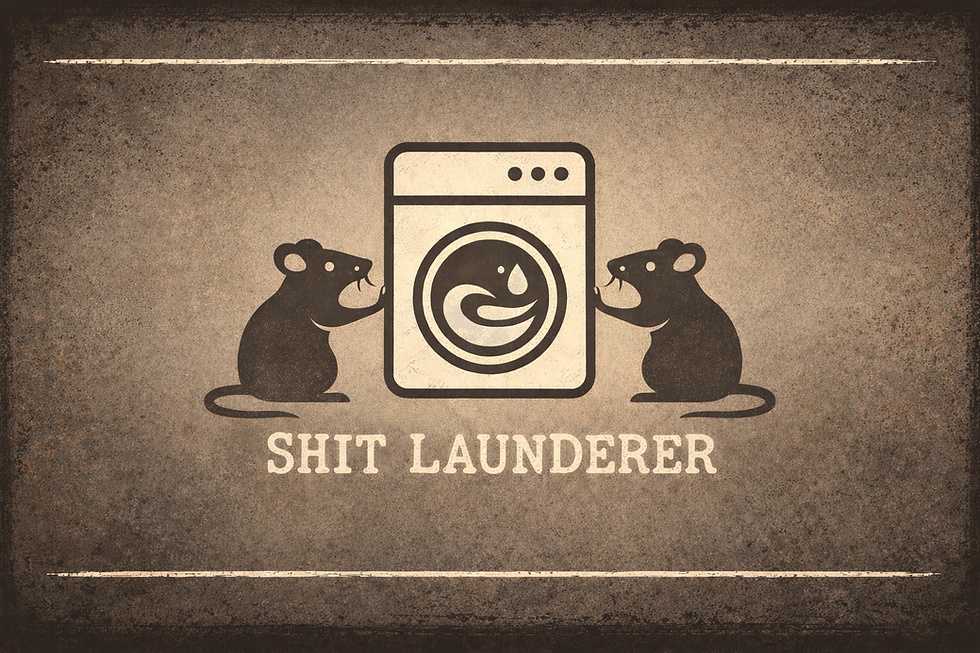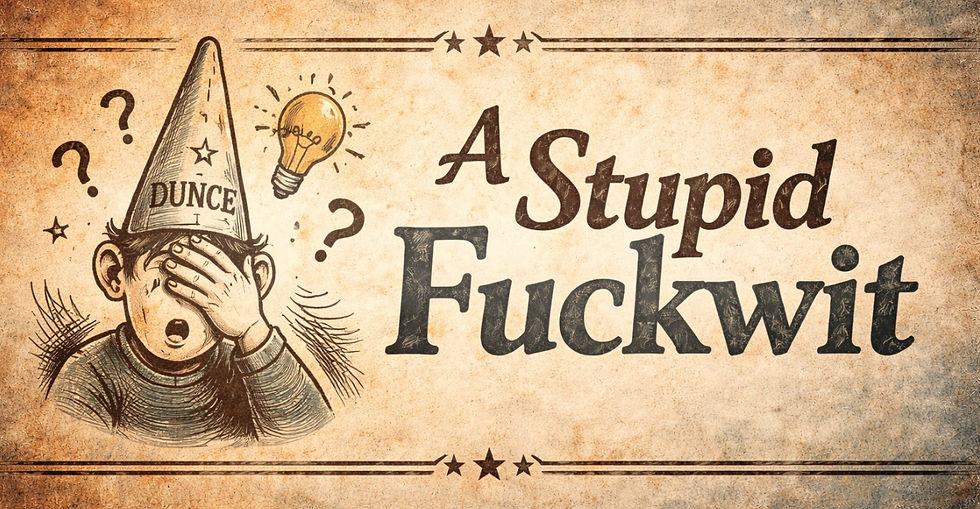Vitamin R: JD Vance’s Tactical Lie: Inversion Before the Storm
- john raymond
- Aug 30, 2025
- 2 min read

Vlad Vexler is absolutely correct in calling out JD Vance’s intimidation of journalists as Russian-style politics of enemies. But there is an additional, structural element Vexler did not emphasize: Vance’s post is not only an attack; it is a tactical inversion meant to preempt the firestorm that is about to engulf Trump, Witkoff, and Vance himself as the world converges on the truth of their Kremlin capture.
The First Line as Frame Inversion
The key lies in Vance’s first sentence: branding Politico’s reporting as “a foreign influence operation.” That is not random invective. It is an inversion of the charge that is already building: that Trump, Witkoff, and by extension Vance are themselves operating as instruments of Russian intelligence.
By projecting this label onto journalists, Vance attempts to shift the information battlefield. If the Kremlin-asset narrative comes into full view—as it now is, with Portugal’s leadership openly declaring Trump a Russian asset—then Vance wants to have already seeded the claim that criticism itself is the real foreign plot.
This is not merely lying. It is tactical preemption.
The Strategic Context: Kremlin Capture Is No Longer Deniable
For years, “Russia, Russia, Russia” was caricatured as a hoax. That tactic worked as long as the mainstream refused to state plainly what intelligence communities, NATO leaders, and EU policymakers knew: President Trump is a captured agent of Russian interests.
That dam is now breaking.
Portugal’s bluntness will not be isolated. More EU leaders, world leaders, and independent press outlets are moving toward open recognition of the Kremlin’s multi-decade operation.
What was once framed as suspicion will soon be consensus. The “hoax” narrative is collapsing in real time.
Why Vance Lies Tactically, Not Randomly
This is why JD Vance’s attack on Felicia Schwarz cannot be dismissed as just another lie. Lies from this orbit are never random; they are asymmetric tools of regime security.
Vance knows Witkoff is vulnerable. He knows the administration is vulnerable. And he knows he is now vulnerable by association.
Thus, Vance inverts the narrative: it is not Trump’s circle that is the product of Russian intelligence, but rather the critics and the press who are conducting “foreign influence operations.”
This is the exact same logic that Putin employs when branding internal critics as “foreign agents.” It is, as Vexler noted, the politics of enemies—Russian style.
The Unavoidable Implications
This is not just about one journalist’s safety—though that matters immensely. It is about building the intellectual scaffolding for Trumpworld to survive the exposure of Kremlin capture.
If everything Trump does is increasingly recognized as part of a Russian operation, then Trump’s proxies must redefine the meaning of “foreign influence” before that recognition hardens into political reality.
What we are watching is the tactical stage-setting for that survival attempt.
Vance is not improvising; he is inverting the frame to blunt the storm he knows is coming.






Comments